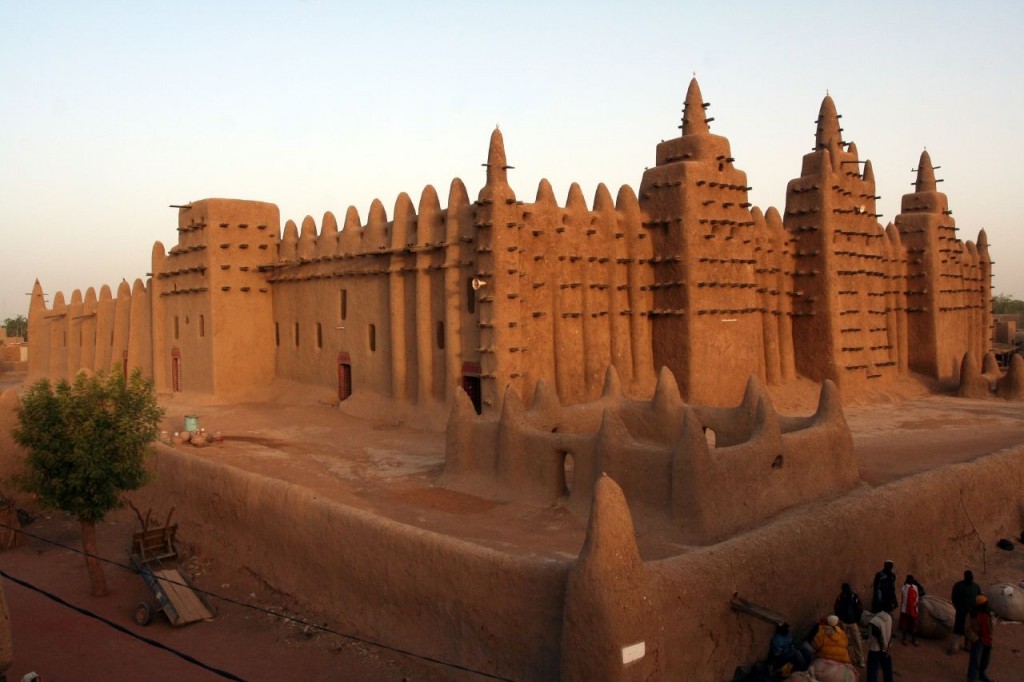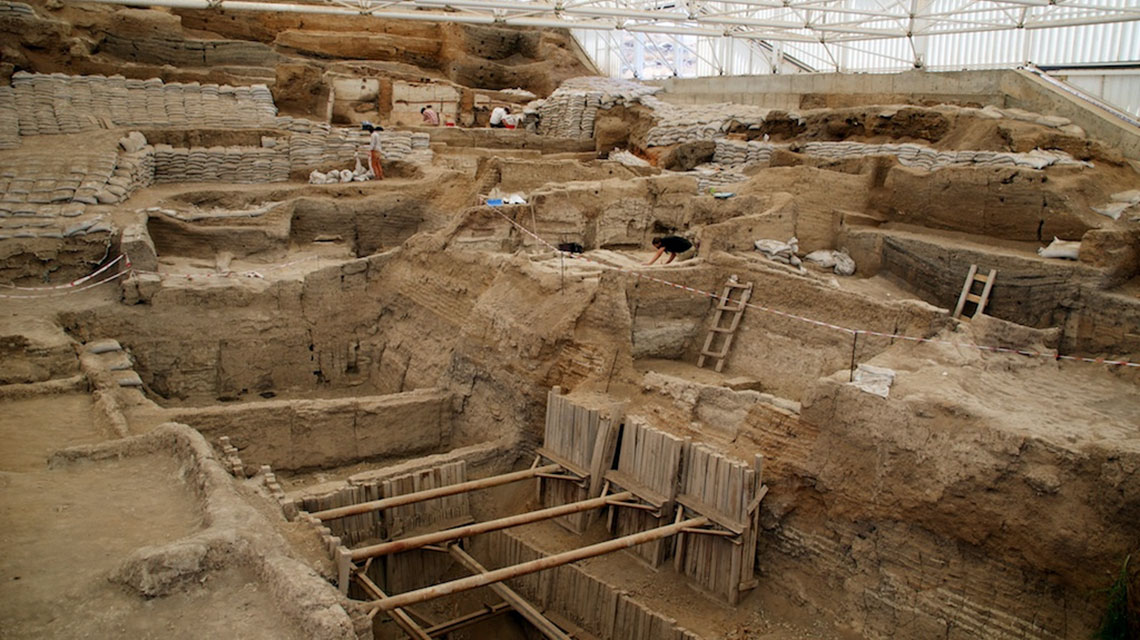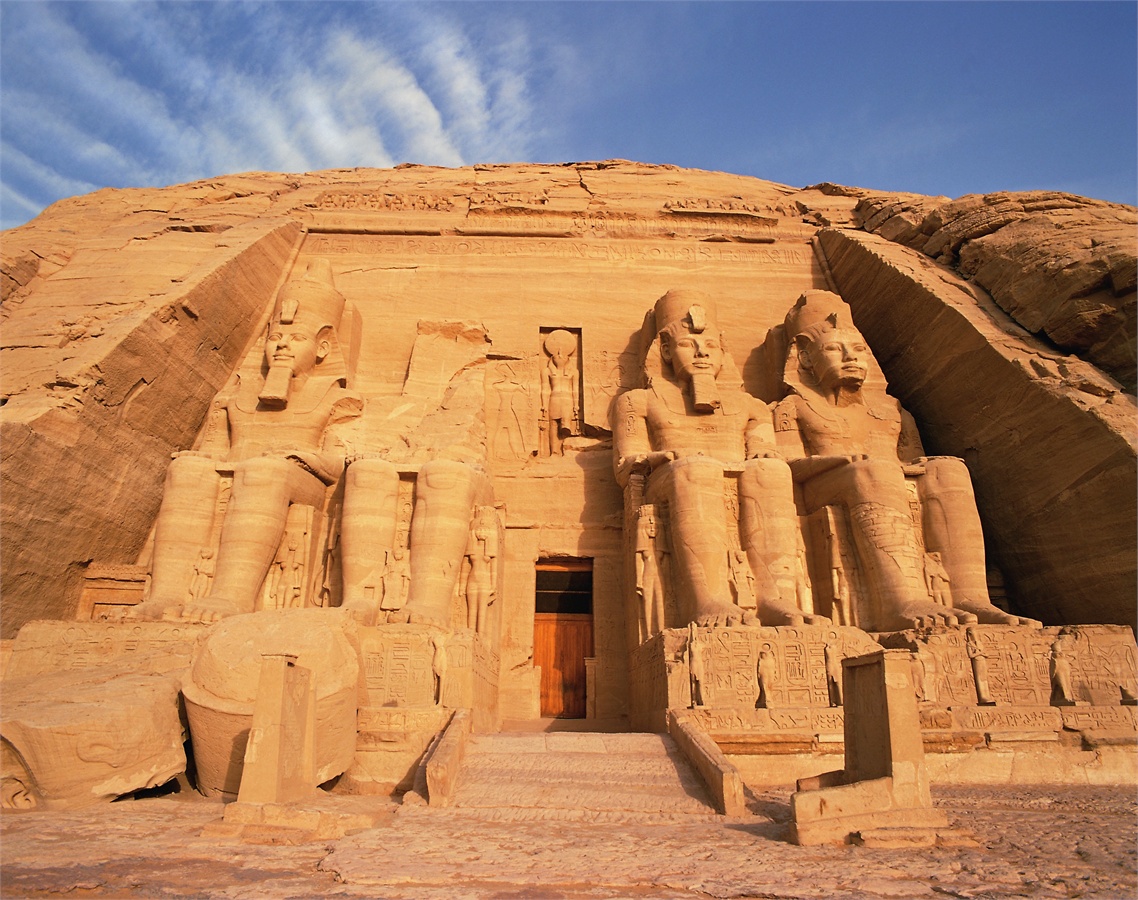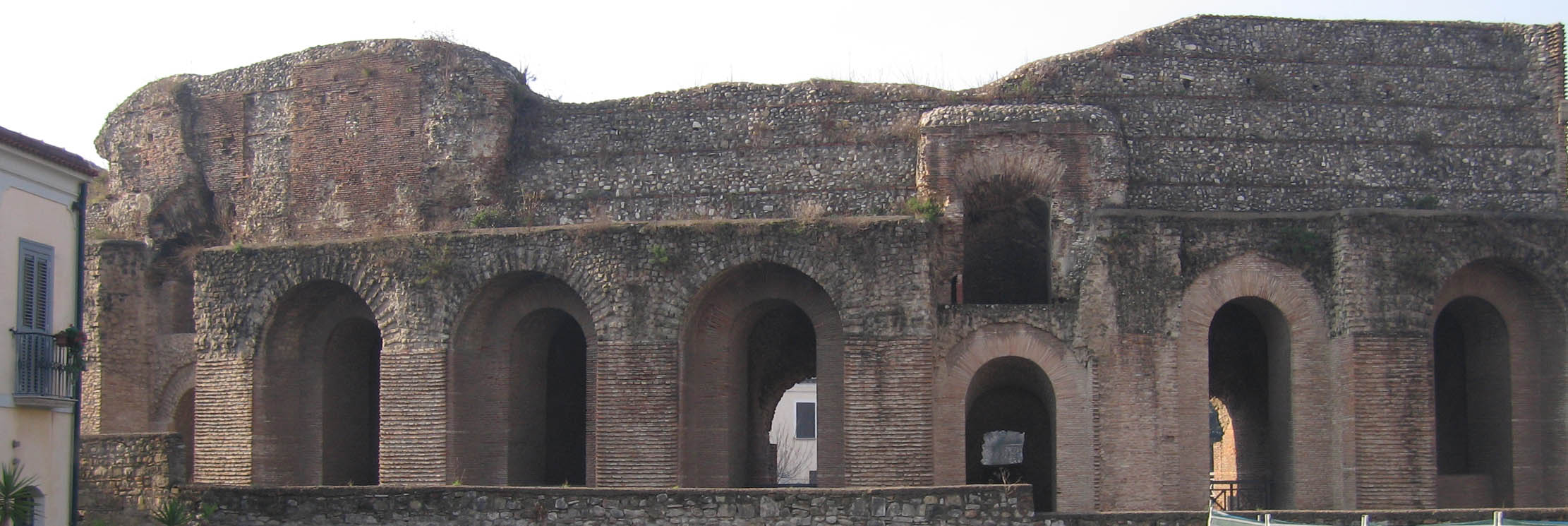Timbuktu is a historically significant and still-inhabited city located in the West African nation of Mali, approximately 20 kilometers (12 miles) north of the River Niger, at the southern edge of the Sahara Desert. Known for its rich history as a trade hub and center of Islamic learning during the medieval period, Timbuktu remains an important cultural and scholarly site.

The city’s historical significance is highlighted by its role during the golden age of the Mali Empire in the 13th and 14th centuries when it became a thriving center for the trade of salt, gold, ivory, and slaves. It was also a focal point for the spread of Islam in Africa, home to prestigious Koranic schools and several important manuscripts that contributed to Islamic and world knowledge.
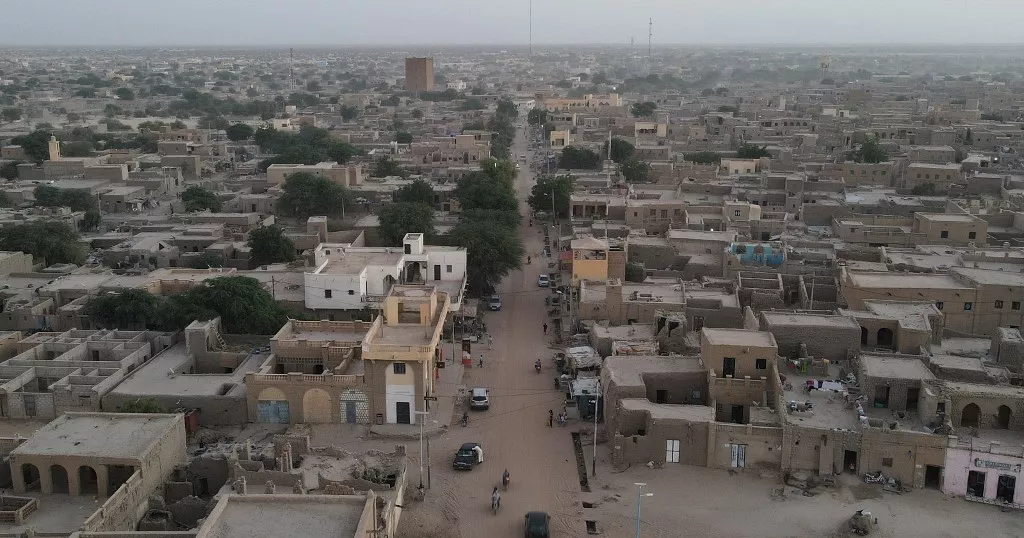
Timbuktu is renowned for its three great mosques—Djingareyber, Sankore, and Sidi Yahya, which date back to the city’s golden age. These mosques are part of the UNESCO World Heritage site designated for their outstanding universal value, representing the architectural achievements and the history of Islamic Africa. Despite challenges over the centuries, including environmental degradation and political instability, these structures have withstood the test of time, though they require ongoing preservation efforts.

In addition to its mosques, Timbuktu is famous for its ancient manuscripts. The city was once home to an estimated 700,000 manuscripts, housed in family libraries and institutions, covering vast topics like science, mathematics, medicine, and philosophy, as well as religious texts. These manuscripts are critical to understanding the scholarly and cultural heights achieved by Islamic civilizations in Africa.
Today, despite challenges such as desertification and security concerns due to regional conflicts, Timbuktu continues to draw scholars, historians, and tourists interested in its storied past and contributions to global culture. Efforts are ongoing to preserve its cultural heritage, particularly the restoration and digitization of its ancient manuscripts.
For those planning to visit or learn more about Timbuktu, it’s essential to consider the cultural sensitivity and the current socio-political context. Comprehensive travel guides and cultural information can be found on platforms like Secret World to prepare travelers for a meaningful and respectful engagement with this iconic city. Additionally, downloading an app like Secret World can enhance your understanding with detailed insights and practical advice, ensuring that visitors fully appreciate the historical and cultural significance of Timbuktu. Whether as a center of learning in the past or as a symbol of cultural resilience today, Timbuktu remains a profound testament to the rich history of Mali and the broader African continent.

